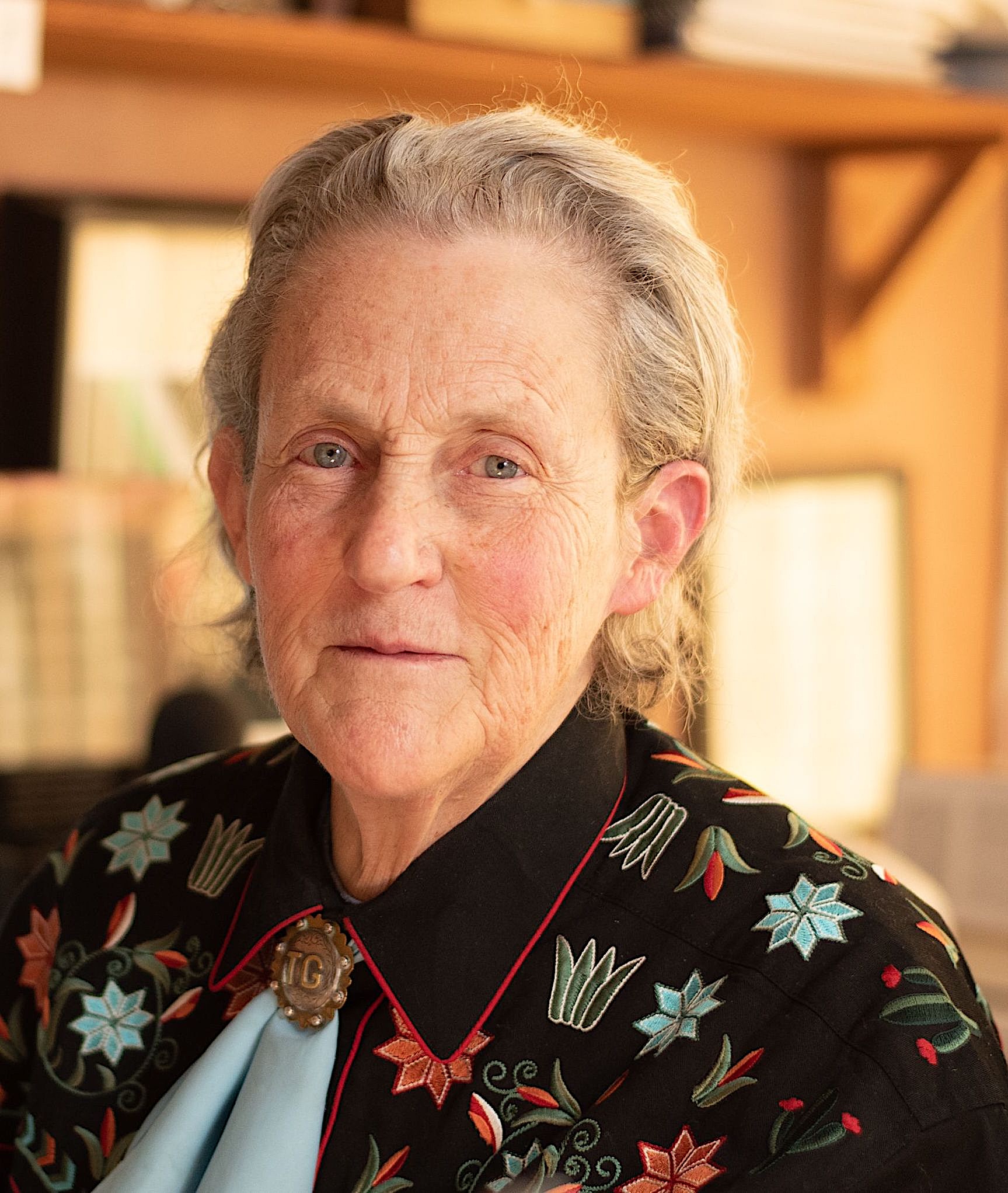


"The World Needs All Kinds of Minds" and "Reclaiming Identity: Neurodivergence, Perception, & Social Constructs"
"The World Needs All Kinds of Minds" and "Reclaiming Identity: Neurodivergence, Perception, & Social Constructs"
Information
Recorded
-
-
Location
-
High Watch Recovery Center
62 Carter Rd
Kent, Connecticut 06757
Educational Goal
Description
The World Needs All Kinds of Minds:
Distinguished Professor Temple Grandin’s presentation, "The World Needs All Kinds of Minds," is a call to all professionals working with children, adolescents, young adults, and individuals with diverse cognitive styles. She will discuss her groundbreaking views on neurodiversity and the importance of recognizing and appreciating different types of thinkers to foster innovation and progress.
Dr. Grandin champions the concept of neurodiversity, advocating for the recognition and appreciation of diverse cognitive styles. She emphasizes that brains are wired differently, and this diversity is essential for innovation and progress. In her presentation, she will elaborate on the various types of thinkers: object visualizers, who think in pictures and excel in fields like design, engineering, and art; visual spatial thinkers, who excel in mathematics and music, seeing patterns and relationships; and verbal thinkers, who are strong in language and communication, excelling in writing, teaching, and public speaking. Dr. Grandin underscores that each cognitive style brings unique strengths essential for problem-solving and creativity.
Mentorship plays a critical role in helping individuals with unique cognitive styles navigate challenges and realize their potential. Dr. Grandin will share how mentors in her life, such as her high school science teacher and her supportive family, guided her to success. These mentors provided the guidance, motivation, and opportunities that were crucial for her development and achievements. She emphasizes the transformative power of mentors in nurturing and supporting individuals with diverse cognitive styles.
Dr. Grandin will also share her personal experience with autism, detailing her journey from having no speech until age four to becoming a successful scientist, author, and advocate. She will discuss overcoming challenges such as extreme anxiety and sensory oversensitivity and highlight the importance of practical work experiences in easing the transition from academic study to employment. Her story illustrates the potential for individuals with autism to lead successful and fulfilling careers with the right support and opportunities.
In her critique of standardized education systems, Dr. Grandin will highlight how these systems often screen out visual thinkers and fail to nurture diverse cognitive strengths. She will discuss the implications of neglecting these strengths in education and career development and advocate for a more inclusive approach that recognizes and cultivates the unique abilities of all students. Dr. Grandin’s insights encourage a more supportive and innovative educational environment that benefits not just individuals with diverse minds but society as a whole.
Reclaiming Identity: Neurodivergence, Perception, & Social Constructs:
This presentation focuses on neurodivergent-affirming care for ADHD and autistic adults, emphasizing identity development and the negative impact of pathologizing on mental health for neurodivergent (ND) adults. The speaker, an experienced clinical psychologist and clinical director, discusses how affirming approaches improve outcomes by fostering supportive, ND-informed care. Practical strategies for reducing pathologizing narratives and focusing on strengths are shared, highlighting ways to enhance therapeutic relationships and treatment effectiveness. The session offers actionable insights for improving outcomes through affirming, personalized care for neurodivergent individuals.
Target Audience
- Addiction Professional
- Counselor
- Marriage & Family Therapist
- Psychologist
- Social Worker
Presenters


Financially Sponsored By
- High Watch Recovery Center